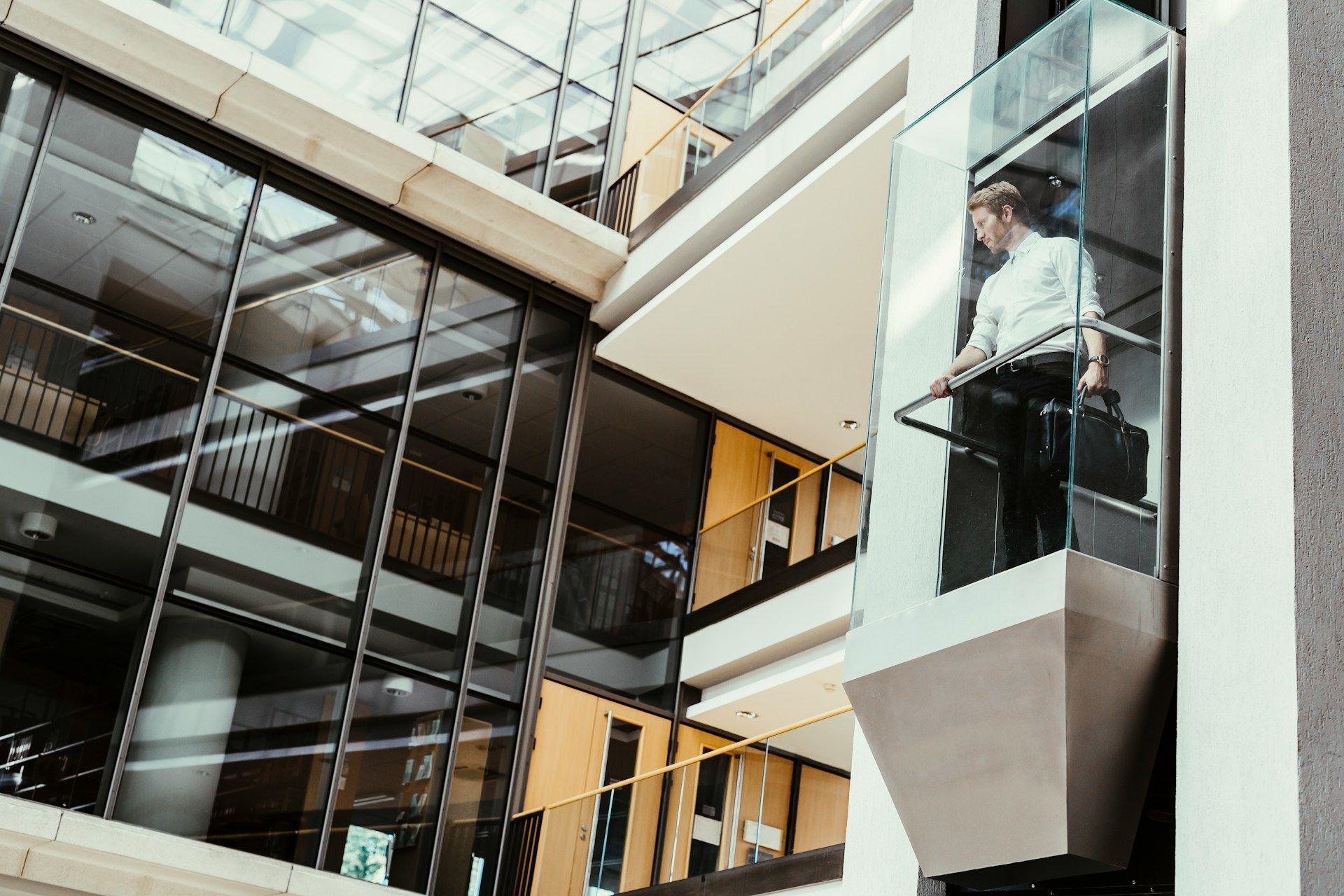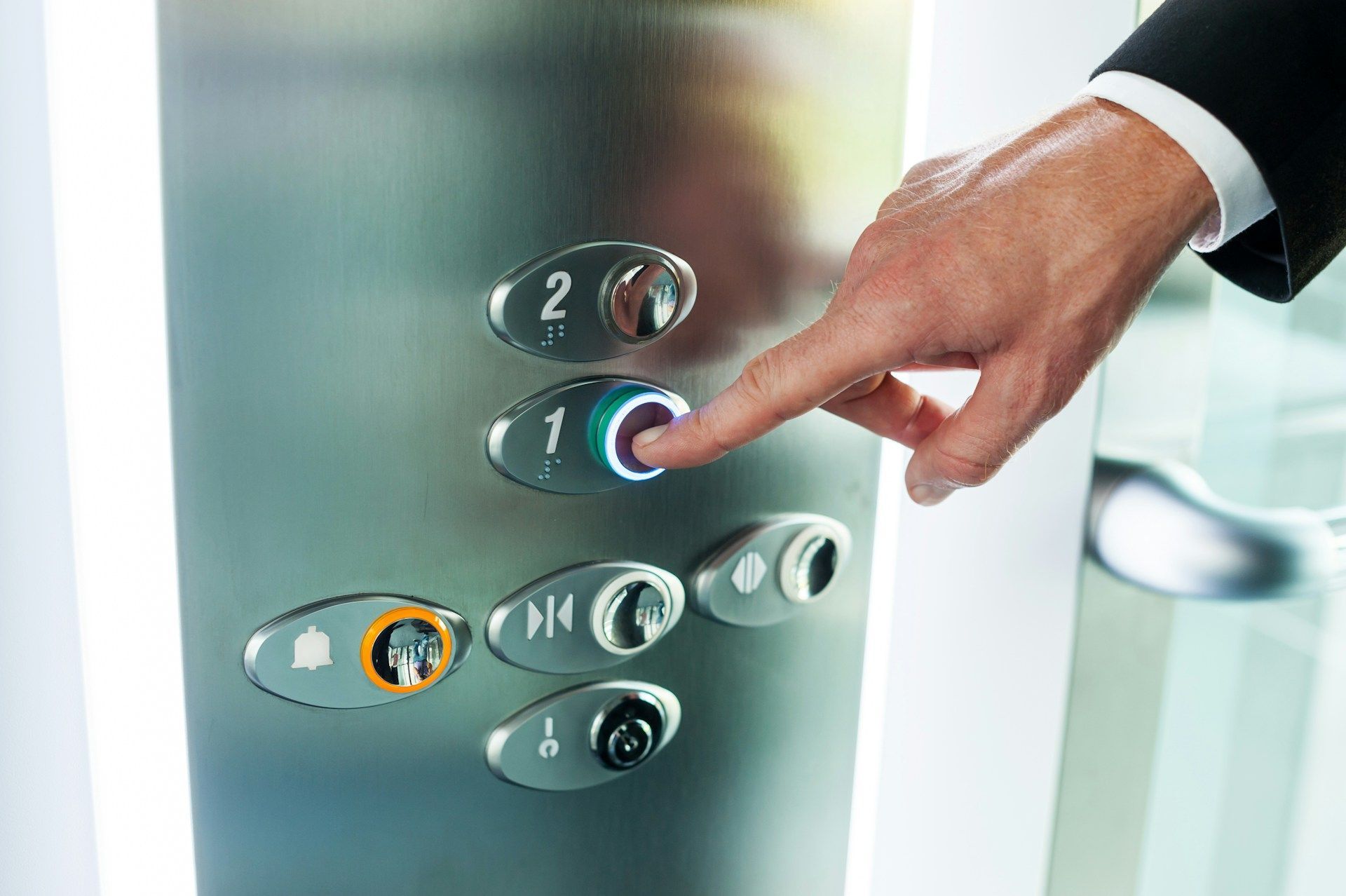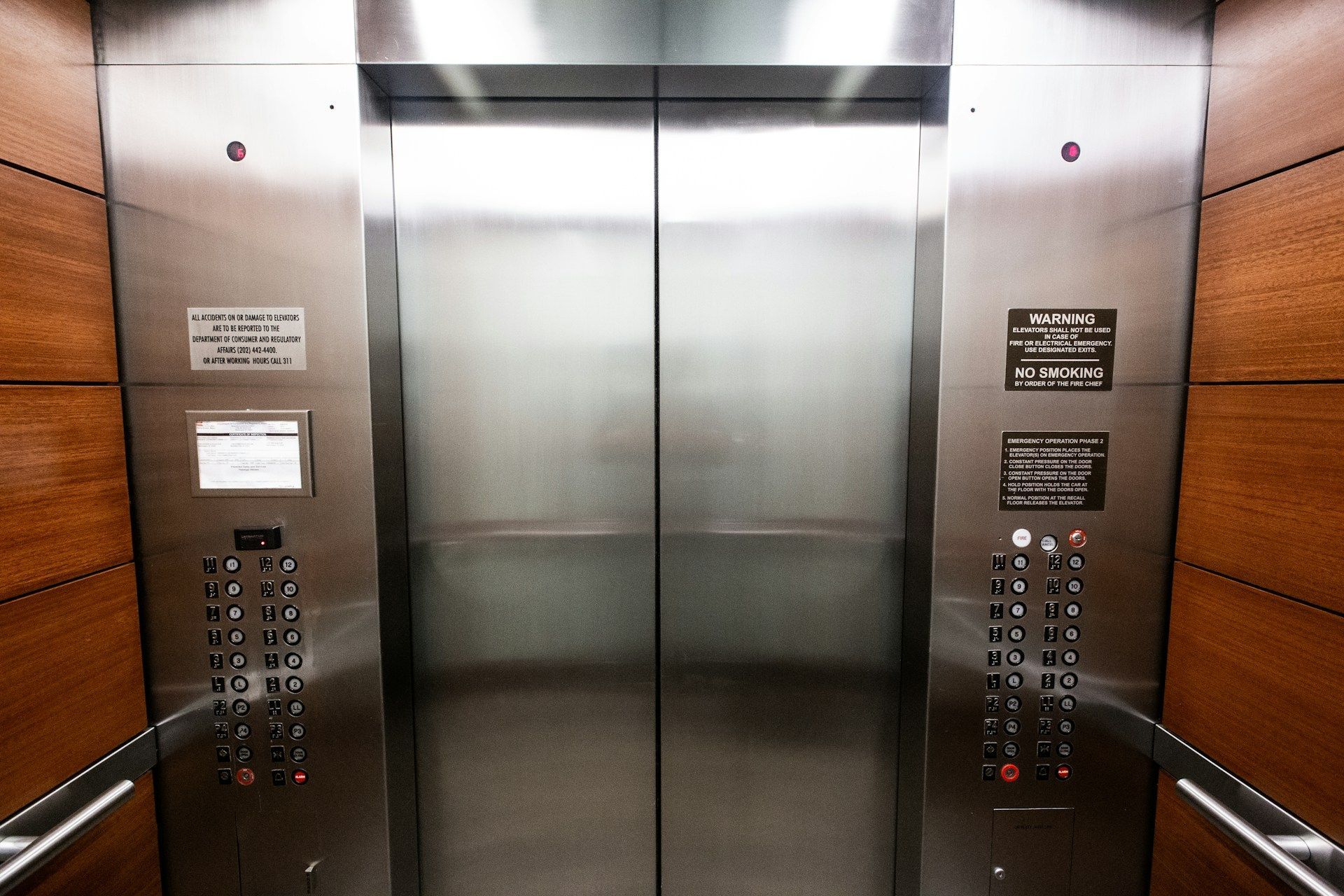What to Do When Your Elevator Makes Strange Sounds
Hearing strange noises from an elevator can be unsettling for anyone who uses it regularly. Whether it's a creaking sound, an unusual hum, or a series of clunks, these noises often lead to questions about safety and reliability. Elevators, after all, are crucial for moving people efficiently in high-rise buildings. So when they start talking back to us with odd sounds, it captures our attention. It's a bit like a car suddenly starting to rattle during a smooth drive. The need to explore what's happening is immediate, and addressing these sounds promptly can prevent potential problems down the line.
People often report elevator noises that sound like rattling chains, thumping gears, or even a low grumble. These sounds might not seem significant initially, but they could indicate underlying issues. Recognizing these noises is the first step in maintaining a safe and well-functioning elevator system. Such sounds might be due to something as simple as a door closing mechanism that's slightly off or more complex issues involving the elevator's machinery. Understanding these noises' possible origins and knowing how to respond promptly can help ensure everyone's safe when using this essential building feature.
Common Causes of Strange Elevator Sounds
Elevator sounds can stem from various sources, each requiring its own attention. Here are some common reasons you might hear unusual noises coming from your building's elevator:
- Mechanical Issues:
Over time, the moving parts of an elevator can experience wear and tear. Components like pulleys, cables, and tracks may become less efficient as they age, resulting in grinding or squealing sounds. Sometimes, these noises are direct signals that parts need tightening, replacement, or lubrication.
- Loose Components:
Elevators consist of numerous parts that interact. If one part comes loose, say a bolt or bracket, that component can cause vibrations or bang against other elements. These sounds can seem minor but could lead to more serious damage if left unchecked.
- Environmental Factors: Changes in temperature and humidity can affect how elevator components function. For instance, colder temperatures might make metal parts contract, leading to unusual noises. Conversely, increased humidity can lead to rust, which affects movement and adds discreet yet worrisome squeaks.
- Regular Wear and Tear:
All machines experience degeneration over their lifespan, and elevators are no exception. As frequently used devices, they will naturally begin to show signs of exhaustion. This regular wear can manifest as clicks or clinks during operation.
Being aware of these issues can help in addressing and understanding what each sound might indicate. It highlights the importance of regular monitoring and maintenance in preventing small issues from escalating into bigger, costlier problems. If your elevator is starting to sound like it's narrating a scary story, it's wise to get it checked out by a professional.
Immediate Actions to Take
If you hear strange sounds coming from your elevator, it's important to take some immediate steps to keep everyone safe. Start by noting the type of noise you're hearing and when it occurs. Is there a specific floor where it tends to happen, or is it when the doors are opening or closing? These details can be really helpful for the maintenance team later.
Next, make sure to report the issue to the building management as soon as possible. They have the resources and contacts to get trained professionals in quickly. It's better to address these problems early on before they potentially become more serious or even costly.
In the meantime, it's wise to avoid using the elevator until it's been inspected and cleared by a professional. Safety should always come first, and using the elevator before it's been checked could pose unnecessary risks. Encourage others in the building to also use alternative ways, like the stairs, until things are sorted out. Your quick action helps maintain a safe environment for everyone.
Importance of Regular Elevator Service
Regular maintenance is key to preventing strange noises and other issues with your elevator. Through scheduled check-ups, potential problems can be spotted and fixed early, ensuring the elevator stays in good working order. In places like Kentucky and Indiana, where temperatures and humidity levels can vary, routine service helps adjust components to these changes, reducing the likelihood of malfunctions.
Professional maintenance specialists come equipped with the knowledge to identify and manage issues that aren't immediately obvious. These experts check mechanical, electrical, and safety systems to make sure everything is running correctly. Regular service not only provides peace of mind but also extends the life of your elevator, making it a safer option in the long run.
Additionally, staying consistent with service schedules in regions like Kentucky and Indiana can address weather-related factors that affect elevator function. The benefits of regular service go beyond just preventing annoying noises—they help in making sure that facilities operate smoothly and safely for everyone involved.
Keeping Your Elevator Running Smoothly
To ensure your elevator remains efficient and safe, keep these tips in mind:
- Schedule Regular Service Checks:
Arrange for periodic maintenance to catch and fix any potential issues early on.
- Respond Promptly to Noises: Don't ignore strange sounds or assume they'll go away on their own. Addressing them quickly can prevent bigger problems.
- Educate Residents and Tenants: Encourage building occupants to report unusual elevator behavior without delay.
These practices help maintain an elevator’s function and safety, making it a reliable asset for everyone in the building. Consistent attention and care mean fewer surprises and a comfortable, secure experience in daily use.
Ensure the safety and longevity of your elevator with consistent and reliable care. Regular
elevator service is essential to keeping your system functional and safe. Elevator Solutions Inc. is dedicated to providing exceptional service, fitting the unique needs of Kentucky and Indiana buildings. Reach out to keep your elevator running smoothly and prevent any unwelcome surprises.



